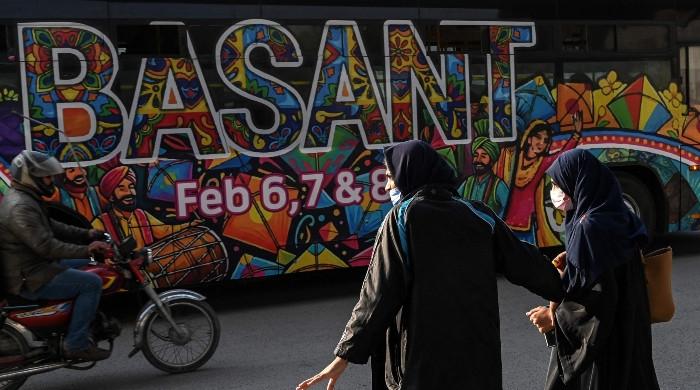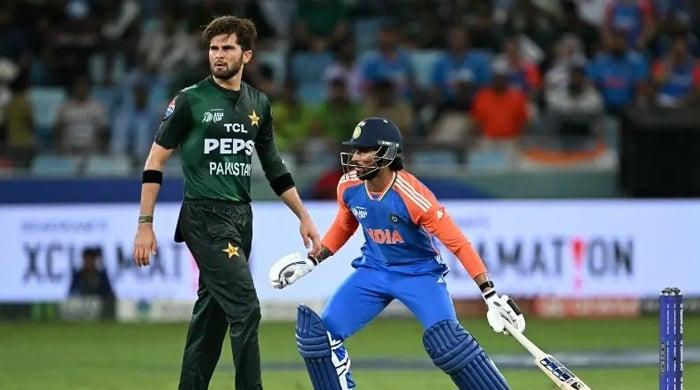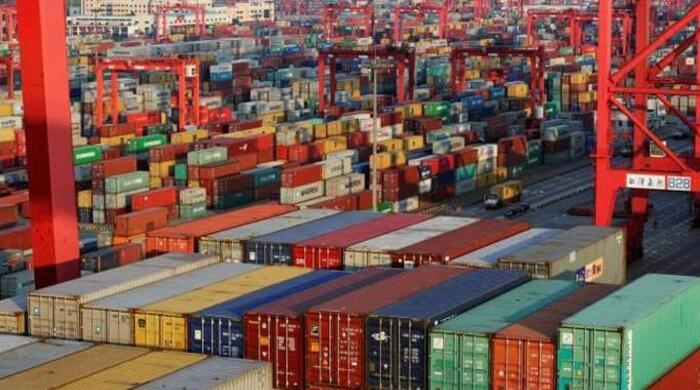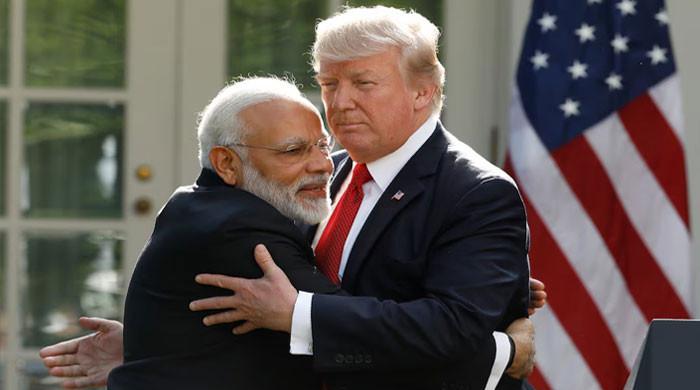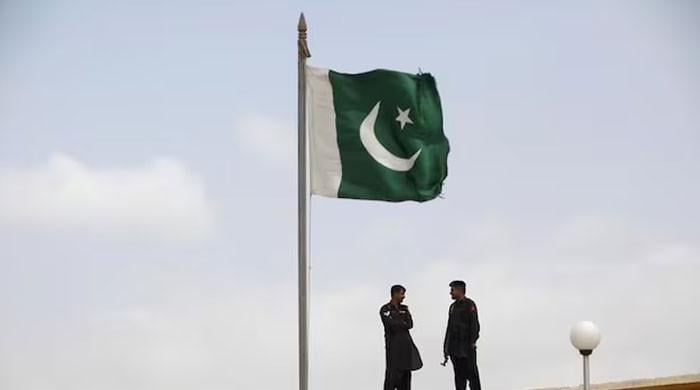Nawaz Sharif, battling his stars
For now, it is a war of perceptions. It may seem like smart politics, but let’s not forget that it is driven purely for personal ends.
June 02, 2018
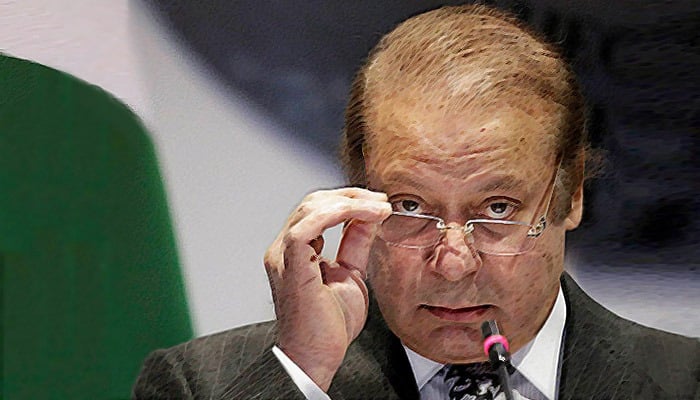
Mian Mohammad Nawaz Sharif has always had it good.
His stock has mostly held through the 35 years since he chose politics over his family business. Over time, he has evolved into a more defining politician, well informed with the mechanisms that go into running a state. As an aside it is equally tragic that no politician, save a couple – namely, Quaid-e Azam and Zulfiqar Ali Bhutto to a far lesser degree – focused on the society, their primary task. But those are the peculiarities of politics in Pakistan, engaging with the society as a means to power but once there, tending poorly to those who elevated them to the mantle. That though is a universal malaise, which is not alone for Sharif to shoulder.
Running the state is where the profit lies. And that is where the competition for unbridled control finds parallel bidders. We call them stakeholders. This is beyond the sphere of the common man. Sharif’s troubles arise out of this reality. He was chosen thrice only to be short-changed in duration.
The former prime minister blames the military for always pulling the rug from under him. That claim is only partially right, primarily because he is unable to be objective. A far greater inadequacy lies within him, which like an egotist and a narcissist, two characteristics that inalienably accompany long tenures in power, he is unable to accept. He believes he assumes sovereignty after people elect him against all mechanisms of a democratic order. This is a more royal approach than the twenty-first century principles of constitutional monarchies. Clearly, such thinking defies the basic foundation of a democratic culture which rests on accountability before the constitution.
In Pakistan, power tends to equate to an unbridled pardon from laws that are restrictive. Unfortunately, all those in power, elected or non-elected, remain above the law.
That has become the nature of our society. Such thinking begins from the top which seeks an unrestrained entitlement to this exceptionalism. The society at large imbibes this principal in what is largely described as a tribalist support system which ensures that people of a certain strata in a society will support one in a cause, legal or illegal, as an act of faith. Ignorant of how the society is being compromised below them, the elites in power continue to seek even more freedom in authority.
That is also the Sharif’s bane. He was found out, albeit by default, to have betrayed the trust placed in him through his three tenures of leadership. His royal composure and a penchant for the grand was well known, but what may have given him such assurance that he was beyond reproach, was probably the belief that he could weave his way through. The disappointment thus of being discovered was doubly troubling. He must have considered his luck tamper-proof till Panama leaks stuck like a bolt from the blue. And his world overturned.
These days, he is in the courts again trying to prove where he made his money which bought him the undeclared, expensive apartments in London’s most precious real-estate. Sadly, he doesn’t have many answers. The apartments, as now discovered, were bought around 1993, at the end of his first tenure as the prime minister. The source of the wealth, and its conduit of movement, remains an enigma.
With the best lawyers money can buy, his promise of remaining untainted are almost close to nil. With a conviction and a possible sentence looming, Nawaz Sharif has entered the second phase of a modified Kubler-Ross model of negotiating a personal blight. He is now angry and fighting against all those that constituting the state. His complaints are many. Simultaneously, his party is up in arms, while others are leaving him because of an agenda that seems alien.
Soon after dismissal, Sharif first vilified the courts and its judges as the people looked aghast at a former prime minister publicly denigrating the highest court in the state. He then invoked a conspiracy to de-seat him. Finally, he declared the military as his nemesis. All this while he was hoping that the military will react with vengeance, helping him reinforce a negative perception, which will then replace the negativity attached to his own likely conviction for criminal conduct as the prime minister.
In so doing he violated his oath, and as he got madder he threatened to spill beans on the alleged duality of state conduct in regional dynamics. This amounted to stoking adversarial international propaganda, chiefly from India, Afghanistan and the United States.
Why is he doing it? In all likelihood, by bludgeoning the state he hopes that the military or the courts will react to his odious exclamations and help him claim moral victory.
For now, it is a war of perceptions. It may seem like smart politics, but let’s not forget that it is driven purely for personal ends.
The civil-military sham is the wrong one to invoke here. Corruption must stand out as the most debilitating trait of the elites in Pakistan. To that end a just and fair completion of the legal process against an established act of corruption by Nawaz Sharif has now gained eminence. The Sharif government will get to complete its five years of service in continuation of the democratic process; to impute a disruption - when Sharif is already removed due to personal misconduct - would be a disingenuous resort. No amount of electoral mandate enjoins absolution from the strictures of law. Absolution remains the anti-thesis of a democratic culture. Exceptionalism is neither honourable nor honoured.
Civil-military divide remains only a sham used to divert attention from the unfortunate misfortune that has befallen Nawaz Sharif.
-Air Vice Marshall (retd) Shahzad Chaudhry is political and security analyst.
Note: The views expressed are those of the author, and do not necessarily reflect the official policy or position of Geo News or the Jang Group.




